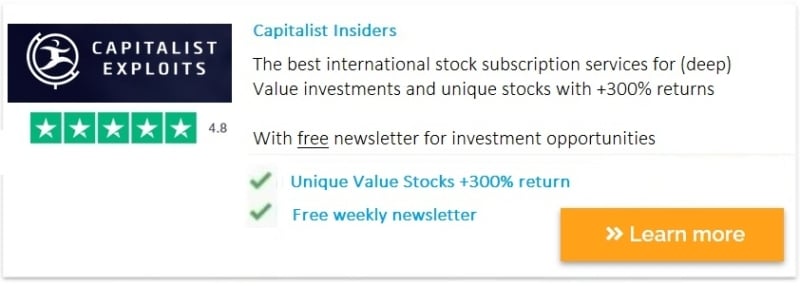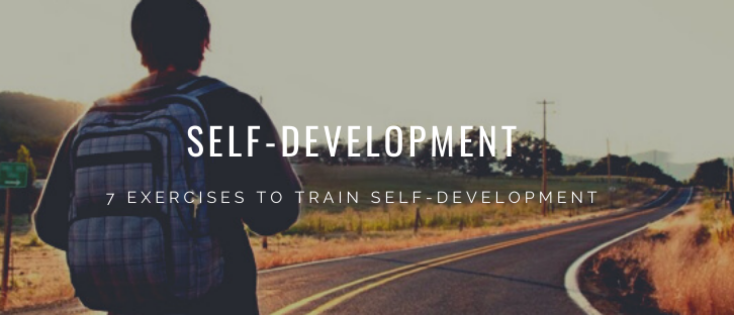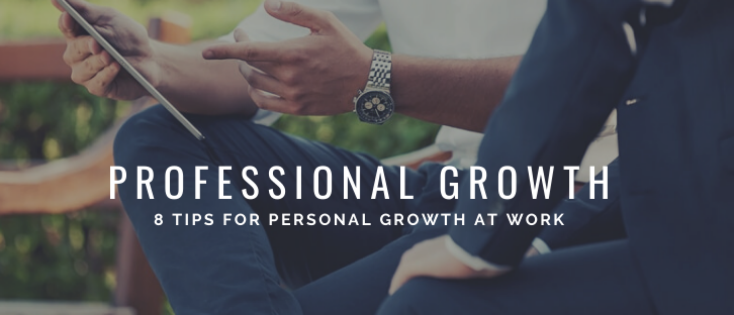What we do each day defines what we do in our entire lives. Successful people make their way to the top thanks to their habits. Stephen R. Covey’s book, The 7 Habits of Highly Effective People, continues to be a best-seller since its first publication in 1989. It still inspires readers from all over the world to make fundamental changes in their lives and achieve their goals.
In this article you will find a brief summary of 7 Habits of Highly Effective People. It is a must-read for those strive towards personal growth.
Overview 7 habits of Highly Effective People
Covey wrote this book inspired by his belief that how we perceive the world is entirely dependent on our subjectivity. We must change ourselves to change a circumstance, and we must be able to change our beliefs and perceptions to change ourselves. That is where personal development begins.
That is where the seven habits come in.
Habits 1–3 are all about self-mastery and transitioning from dependence to independence. The belief that you are responsible for the outcome of your life. That you have power to respond to the situation, and thus direct your life in the direction you want.
Habits 4, 5, and 6 are concerned with improving teamwork, collaboration, and communication skills, as well as transitioning from independence to interdependence.
Habit 7 is all about continuous growth and improvement and encompasses all of the other habits.
These habits can help anyone to change their perspectives and improve themselves. According to Covey, it is important to first master habits 1 to 3 before you can transition to habits 4 to 6.
Habit 1: Be proactive
Habit 1: Be Proactive is about taking charge of your life. Proactive people understand that they are "responsible" for their lives. They don't blame their actions on circumstances, conditions, or conditioning. They know they can choose their behavior.
Reactive people, on the other hand, are frequently influenced by their surroundings. They look for someone else to blame for their actions. They blame the government, the economy, their families, society, their partners, their backgrounds, etc.
Do you want to be proactive? Then, focus on what you can control and take charge of the situation. Don’t wait for someone or something to rescue you. Focus on solutions instead of problems. Take full responsibility for everything you do (see also the book "Extreme Ownership").
You can read more about this in this article about the circle of influence.
Habit 2: Begin With the End in Mind
Begin each day, task, or project with a clear vision of what you want to accomplish, and then make it happen.
You inevitably enable other people and circumstances to shape you and your life if you do not make a conscious effort to envision who you are and what you want in life. It's about rediscovering your individuality and then establishing the personal, moral, and ethical guidelines that will allow you to fully express and fulfill yourself.
Covey suggests that one of the most effective methods to integrate this habit into your life is to write a Personal Mission Statement. It helps you focus on who you want to be and what you want to accomplish. It is your strategy for achieving your goals. It strengthens your sense of self, clarifies your goals, and brings your ideas to life. Your mission statement positions you as a leader. You are in charge of your destiny and the future you desire.
This principle is traceable to the philosophy of the book Think and Grow Rich by Napoleon Hill. A book I read frequently during the beginning of my journey to financial independence. The purpose of the mission statement is to give yourself direction on what you strongly desire in life. A good vision statement is all encompassing. From personal experience, the tip I can give you is not to focus too much on money. See money as a tool. Make money work for you. Invest as much as you can. But focus your mission statement on what really matters: love, relationships, fulfillment, freedom and joy.
Habit 3: Put First Things First
Habit 3 is about organizing your life—your goals, beliefs, roles, and priorities. The first things are the things you value the most. You are planning and managing time and events according to the personal priorities you set in Habit 2.
Here, Covey presents The Four Quadrants of Time Management, a diagram that shows how we manage time, depending on how urgent or important is the activity.
Two qualities define an activity: urgent or important. "Urgent" refers to something that requires immediate attention. Urgent things affect us and are usually obvious. A ringing phone, for example, is urgent.
On the other hand, important things have to do with outcomes. It supports our mission, beliefs, and high-priority objectives.
The Important but non-urgent topics require greater initiative and proactivity. This is Q2 of the four quadrants. Typical items within Q2 are: important goals, planning, building relationships, and learning. The idea is to consciously schedule time to work on Q2. Because this is a summary of The 7 Habits of Highly Effective People, we won't go into detail. You can find a full explanation in the book.
Habit 4: Think Win-Win
When you think win-win, you perceive life as a cooperative arena rather than a competing one. In all human interactions, win-win is a state of mind and heart that seeks mutual benefit. Win-win agreements or solutions are helpful and pleasant to both parties.
To achieve a win-win situation, you must be compassionate as well as confident. Not only must you be courteous and empathetic, but you must also be brave and strong. True maturity is a balance of courage and consideration, which is essential for win-win situations.
Covey mentions three essential traits of this paradigm: Integrity, maturity, and abundance.
Integrity refers to sticking with your true feelings, values, and commitments. Maturity means expressing your ideas and feelings with courage and consideration for the ideas and feelings of others. Finally, it is essential to have an abundance mentality or believe there is plenty for everyone.
If you can achieve this, you can easily create win-win situations.
As an addition, we would like to offer the tip of gratitude. If you are grateful with what you have, you are more likely to be open to collaborating with others. Don't be afraid to lose, but think in opportunities to grow together. Put yourself in the situation of another person. What does this person really want? Address those emotions and obtain a proposal that benefits both of you. Win-Win!
Habit 5: Seek First to Understand, Then to Be Understood
Good communication is one of the key habits of highly effective people. Most people want to be heard first and foremost and get their point across. We may completely ignore the other person, appear to listen or selectively hear only specific parts of the conversation. We can even listen what the other is saying but utterly miss the message.
Why does this happen? Because most people listen with the intent to reply, not to understand.
Covey describes the following scenario: You listen to yourself as you mentally prepare what you'll say, what questions you'll ask, and so on. Everything you hear is filtered via your life experiences and frame of reference. You compare what you hear to your autobiography or dogmas. As a result, you make assumptions about what the other person is saying before they complete speaking. Do any of the following statements ring a bell?
Highly effective people are empathetic listeners. Empathic listening requires understanding another person's frame of reference to truly understand them. Understanding how other people feel comes from seeing the world through their eyes.
Habit 6: Synergize
Synergize is the act of creative collaboration. It's about cooperation, open-mindedness, and effectiveness. However, it does not occur on its own. It's a process, and people bring all of their individual experiences and skills to the table as a part of it.
They can accomplish significantly better results as a group than they might individually. Synergy allows us to find things together that we would be considerably less likely to discover on our own. It is the concept that the whole is greater than the sum of the parts.
So, think about it: how much are you incorporating creative partnerships in your projects?
An addition from the principles in the book Great At Work by Morten T. Hansen, is to not want to collaborate too much. There should be a proper balance with disciplined collaborations. Certainly don't do it too little, but don't do it too much either.
Habit 7: Sharpen the Saw
Sharpening the saw entails protecting and strengthening your most valuable asset: you. It involves a well-balanced self-renewal program in all four areas of your life: physical, social/emotional, mental, and spiritual.
You produce development and transformation in your life as you renew yourself in each of the four areas.
Sharpening the saw helps you stay in shape so you can keep practicing the other six habits. You improve your ability to produce and deal with the challenges you encounter.
In Covey’s words, without renewal, the body grows weak, the mind becomes mechanical, the emotions become raw, the spirit becomes insensitive, and the individual becomes selfish.
You could also completely deplete yourself by doing too much at once. Relaxation allows you to refresh yourself. Taking the time to sharpen the saw is part of living a balanced life. Thus, doing nothing for a while and enjoying life can contribute greatly to a happier life and being happy.
These were the 7 habits in the summary of The 7 Habits of Highly Effective People by Stephen R. Covey. Questions or comments? Let us know in the comments below.









